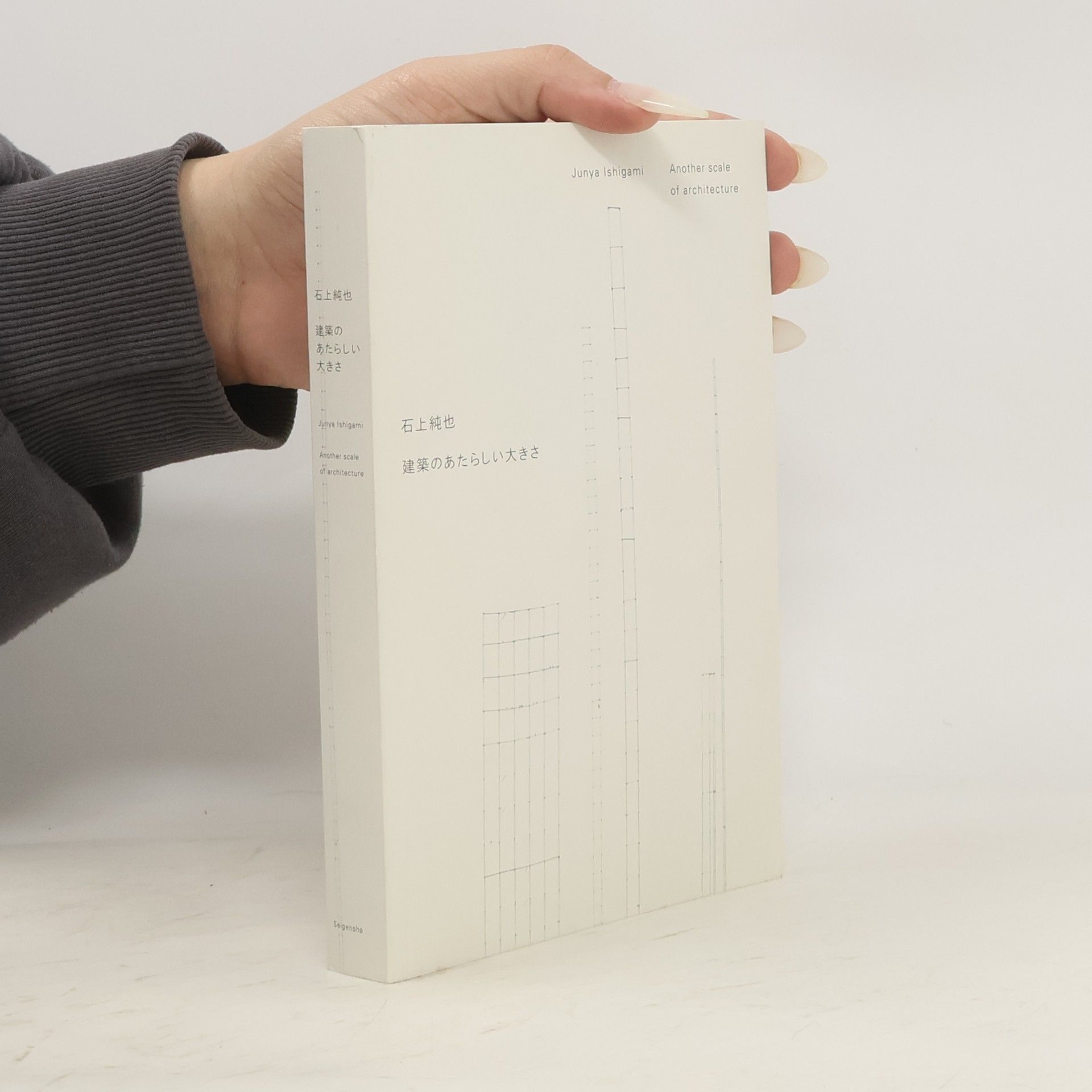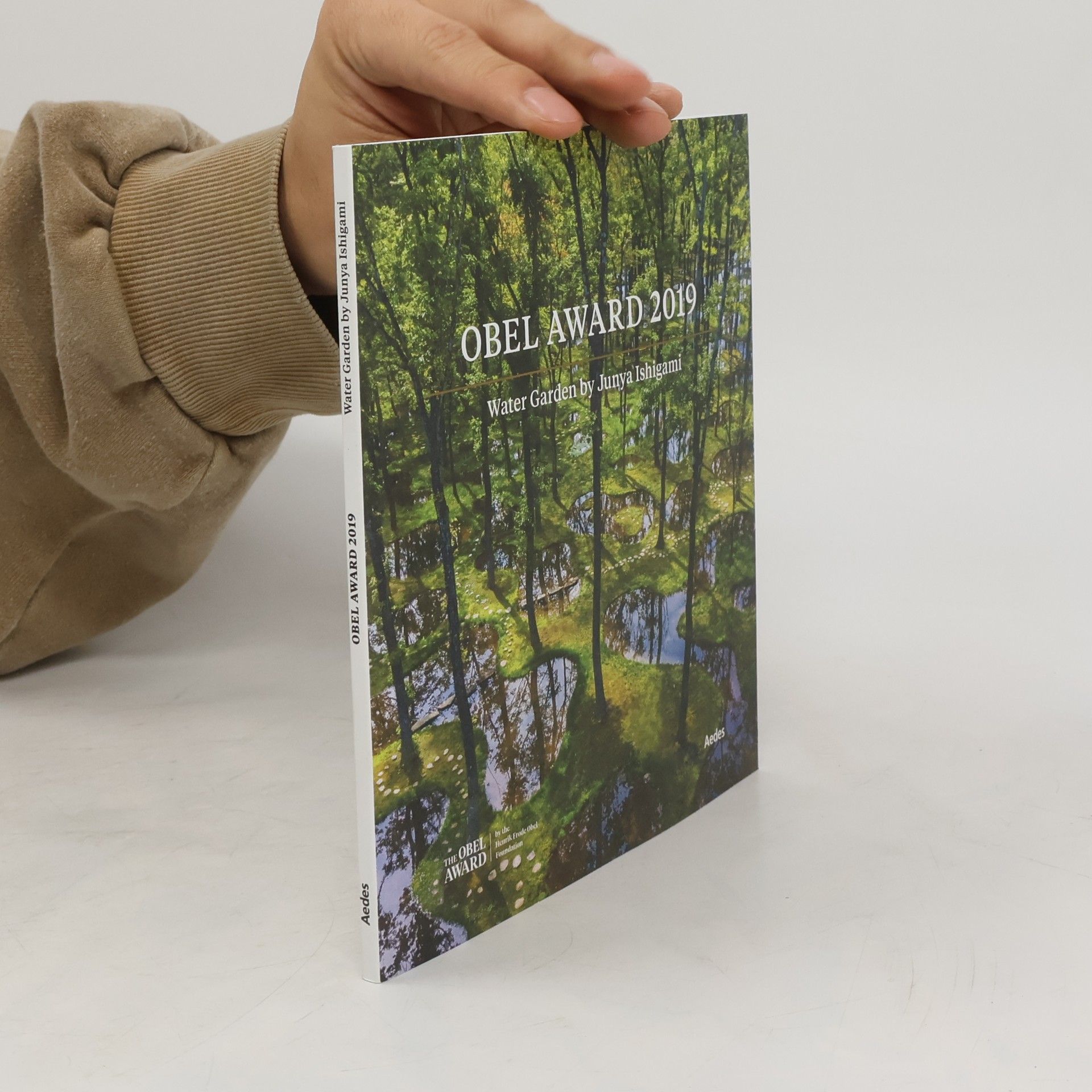The first project to receive the OBEL AWARD -- a new international architecture award -- is the Art Biotop Water Garden by Junya Ishigami & Associates. Situated at the foot of the Nasu mountain range in Tochigi, Japan, the carefully crafted, man-made landscape appears as a dreamlike flooded forest. According to the jury, Ishigami's extraordinary garden design resets the boundaries between architecture, landscape architecture, art and environment and demonstrates how to interact with nature in a respectful way. Exhibition: Aedes Architecture Forum, Berlin, Germany (13.05.-25.06.2020)
Junya Ishigami Libri


In 2009, Junya Ishigamis workshop design for the Kanagawa Institute of Technology won Japans top architecture the Architectural Institute of Japan Prize. This book offers more proof of Ishigamis precocious talent. Plans, designs, photographs, models and writings from various projects illustrate Ishigamis stated aim to embody in architecture that which has never been embodied before. An essay by historian Taro Igarashi assesses Ishigamis importance and success, including his Golden Lion award at the 12th International Architecture Biennale.